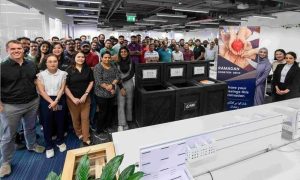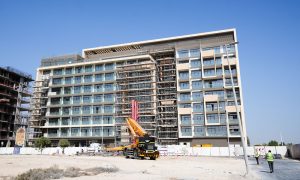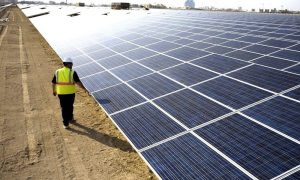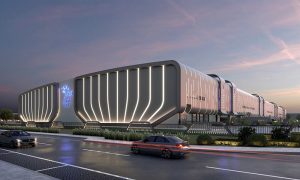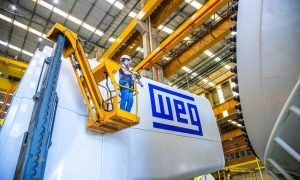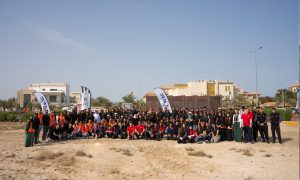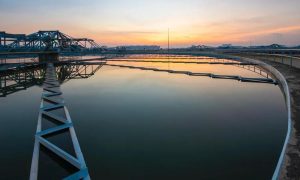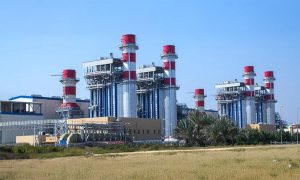ALEC to target UAE’s growing solar and renewables market
New ALEC Energy division to offer financing assistance to companies that implement solar-power systems on their rooftops
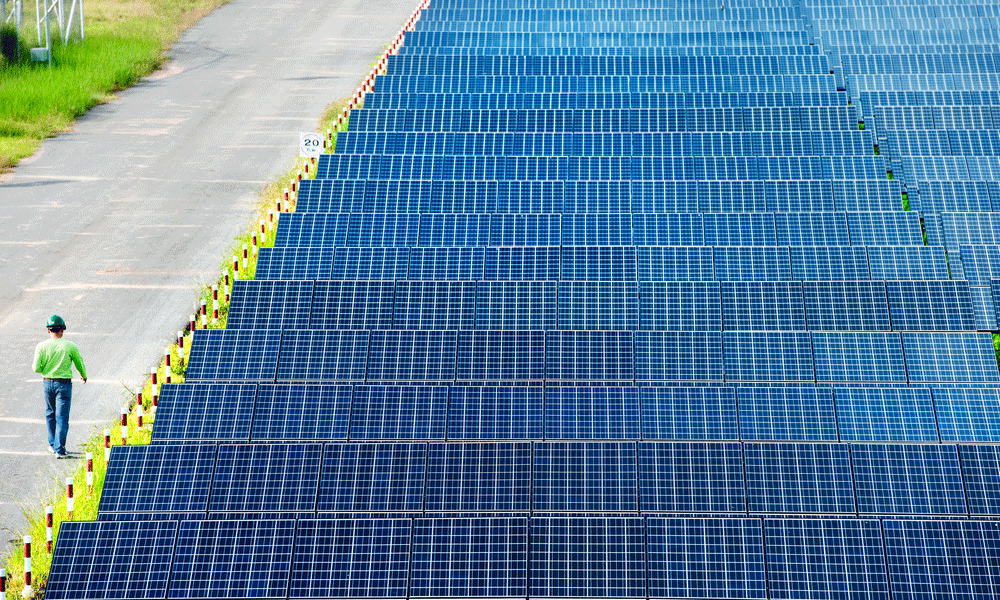
ALEC, the Dubai-based contracting and construction firm, plans to target the UAE’s burgeoning solar and renewables market through its recently launched energy division.
While ALEC Energy is still finalising details of its launch, its general manager James Stewart told MEConstructionNews.com that it hoped to have “three to four rooftops” signed by the end of the year.
“We certainly have targets [that we want to achieve]. I won’t go into details at the moment because they’re still moving targets, but as we see how the market takes up this offering, our targets will change,” he said.
“At the moment, we hope to sign at least three or four rooftops this year, and have a strong pipeline of opportunities for next year.”
In order to set an example for the market, ALEC Energy has committed to installing its first Dubai solar project in its own backyard, said Stewart.
“If we’re going to be promoting energy efficiency and solar power, then it makes sense that we make this investment ourselves. Because when we back it with our own money, it shows that we believe in it, that it’s a good business model, and that as a company, it suits us. By the close of this year, we should have installed a system in our plant yard, which will benefit from the reduction in electrical costs.”
As part of its drive to attract companies to buy into solar power, ALEC Energy will be ready to finance projects to alleviate owner concerns about their expenditure.
“One of the problems with putting solar on the rooftop is that when you go to the owner, and they have to make that investment and recoup that cost over time. Many companies don’t have the budget for that, or they don’t want to [spend the money] You would be faced with questions about how much it’s going to cost, and once you start talking about ‘years and years’, you’ll see them start to lose interest.
“They’re focused on quarter-to-quarter in terms of their business. So we decided the best way to tackle this would be to develop a financial model where we’d be able to finance the system, they’d gain the benefit of the solar system on their roof, reducing their energy costs, and we’d take the risk on the long-term operations on that,” he explained.
